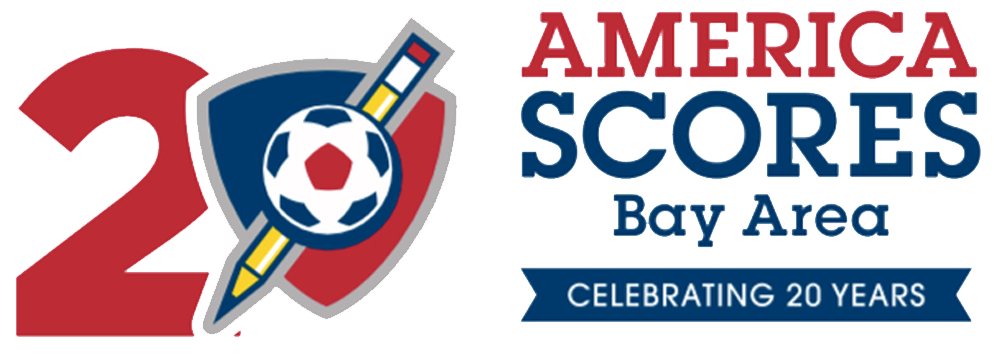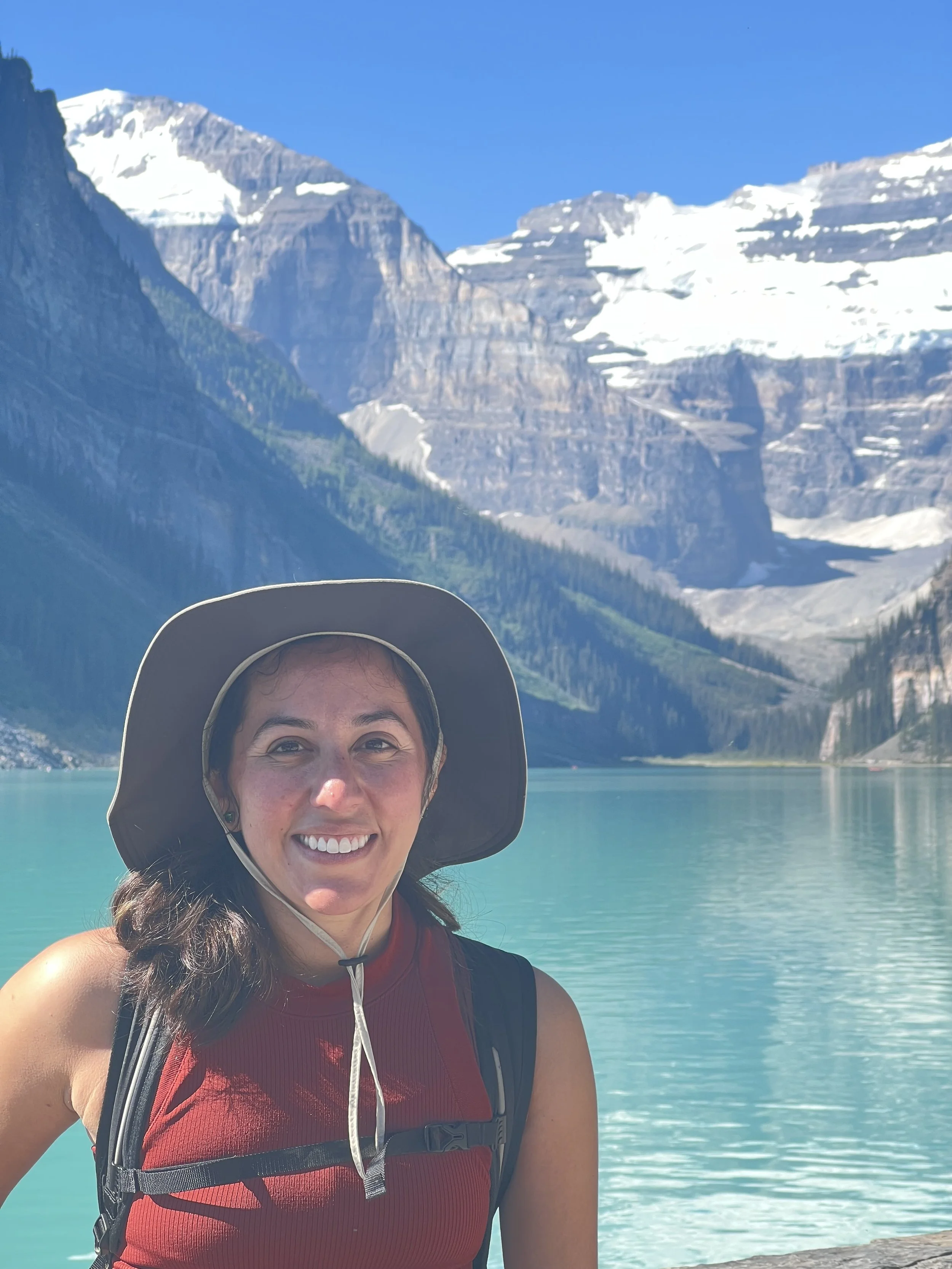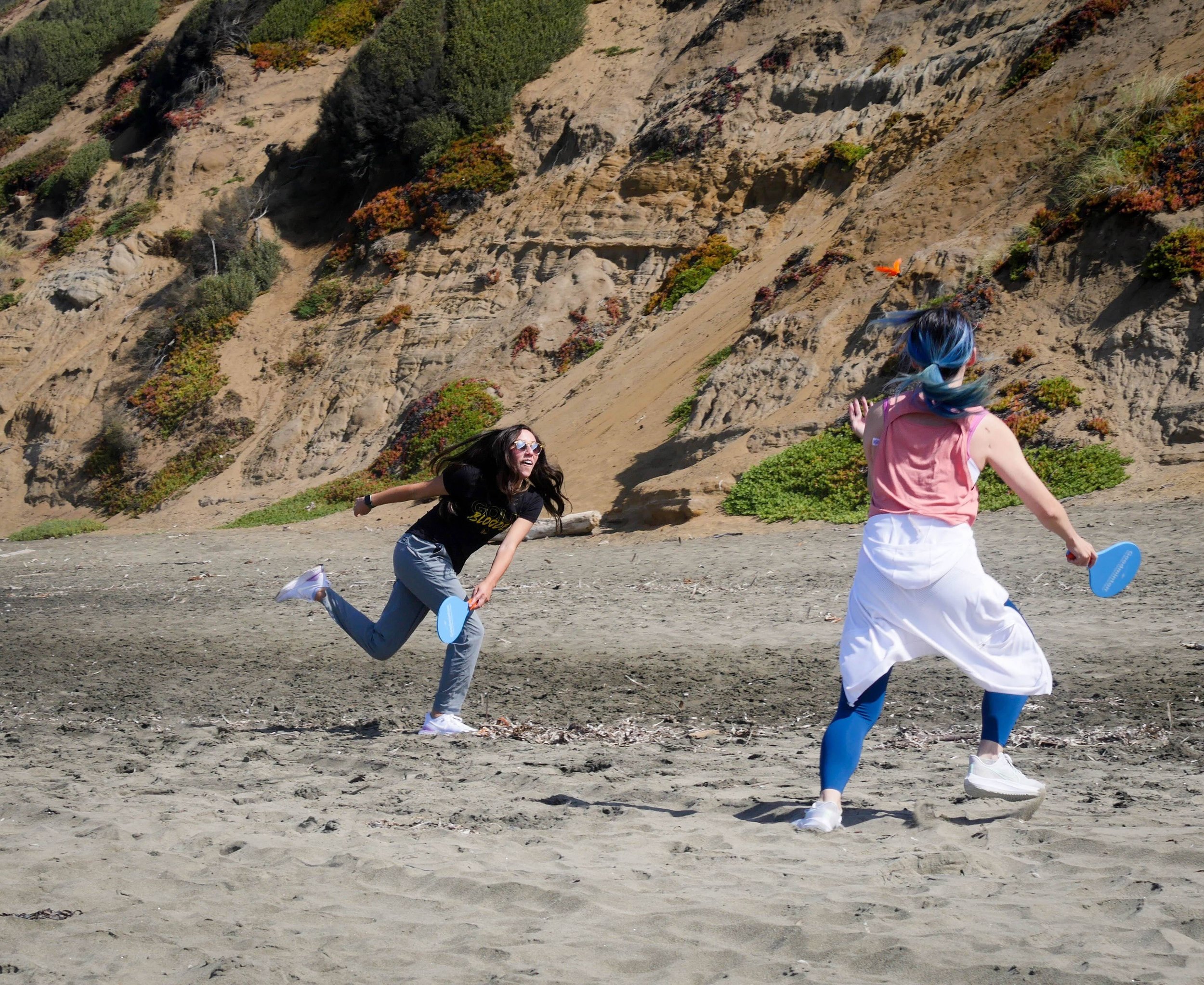Andrea Bonilla
SCORES Board Member - Tech Focus
Andrea Bonilla is a Senior Data Scientist at Airbnb and a new board member at America SCORES Bay Area. We talked about her love of math, the tech opportunities she sees for SCORES, and what she’d tell her younger self.
What was your path to becoming a data scientist?
I grew up around tech. We always had a computer in our living room. I remember my parents saying, “Hey, get off the computer. Someone’s trying to call me!” I grew up in Fremont, but my parents are from Latin America. My mom is an accountant and my dad is an electrical engineer. They would say, “Do well in English, but power through math, because we’re really good at math in this family.”
So I’ve always been very good at math. My brother too. He’s also a data scientist, though he started off pursuing medicine. I have two degrees in statistics (UC Berkeley and Columbia), and you can trace that back to my parents’ primary focus. English is not their first language and not their expertise. But the language of math is universal, and my parents could always help me with it.
I enjoy the practical applications of math – it’s tangible. I love data science. It sounds a little cheesy, but I like what you can do with numbers. When I was in high school, I took a statistics course. It was so interesting to do surveys to find out what actually matters to people. Or how you could make a small change, like changing a survey from anonymous to non-anonymous, and see how that impacted results. People want to be honest, but sometimes they’re afraid to be.
How did you first get involved with SCORES?
When I was in college, I volunteered for New York SCORES. There was an elementary school close to Columbia, and I would take the subway there to referee games every Friday or Saturday. I loved it. Years later when we were all locked up during the pandemic, and I’d moved back to the Bay Area, I thought about SCORES again. I wanted to do something positive for society. People said I should volunteer for the Food Bank, but I wanted to do something I was passionate about. Sports and education had been my whole childhood. I grew up playing soccer and learned so much about never giving up. You have to show up to practice or do your homework, even if you don’t feel like it. It gives you that extra layer of discipline.
So I emailed Bay Area SCORES. At the time, the organization had a leadership council geared toward early career professionals. I joined that and then was asked to join the executive board this year. I’m excited to help where I can and to bring my expertise in data science to help SCORES on the technology side.
Where do you see the biggest opportunities for tech advances at SCORES?
From a data science perspective, I’m most interested in data literacy, which means, how can people read data?
There are a few key stakeholders for SCORES: The parents, the schools, the students, and the organization. For students, the top priorities in SCORES are their poetry, soccer, and schoolwork. But their data is also important. It’s important to understand how much data is being generated on you and how valuable it is. We know it’s valuable to others, but how can it be valuable to you? To the students themselves or other stakeholders?
One immediate action could be a poetry helper tool that could provide feedback. Or students could use years of data collected in their writing to understand changes or growth in their poetry and themselves. They could look back to what they wrote about in first grade and see what mattered to them then. And then they could jump to fifth or eighth grade and see how they’re now writing about something entirely different. Seeing those changes can help highlight their understanding of their growth and development. It can show them something meaningful about who they’ve become
You could do the same thing with soccer data. Students could look at their attendance rates when they started the program versus several years later. They could see themselves getting more serious about their sport.
Coaches could look at data to see the top ways to encourage students to interact or engage in practice or poetry experiences. Or to discover which games, exercises, or practices worked especially well over time. SCORES staff could aggregate all the data to tell a cohesive story to schools or the board, or to apply for a grant.
If you could go back and share some of your wisdom with your elementary school-aged self (the age of many SCORES kids), what advice would you share?
I’d tell myself don’t let people define you or block you. You’re in charge of defining who you are. And don’t let people tell you what you can’t do, as long as it’s not dangerous. They don’t have the full context of who you are. They don’t know your life experiences. It’s important to understand that you can persevere and power through. Believe in yourself, don’t give up, be proud of the effort you put in, and don’t compare yourself to others. As long as you try your best, you don’t have anything to be sorry about.
What’s something you like to do in your spare time that reveals a lot about who you are?
I really enjoy history and love reading books about different time periods or places. Sometimes they’re depressing, but it’s important to know! Growing up, my dad would make us watch documentaries or movies about historical events once a week. He would always say, you need to be educated in the world.
To read more Five Questions With interviews, go here!



